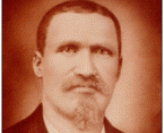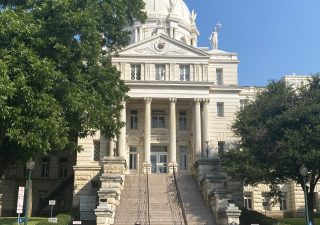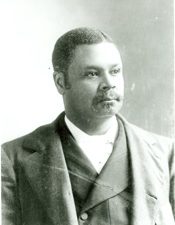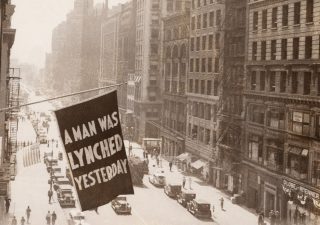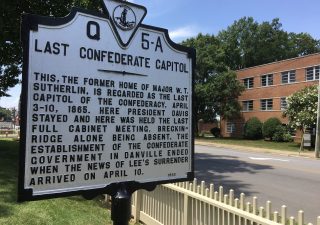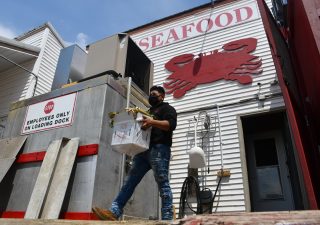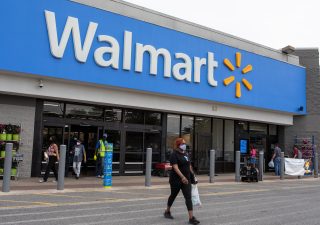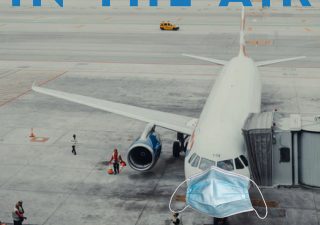The Yazoo City Herald, a white-owned newspaper, covered lynchings, sometimes delivering inconsistent or problematic reporting.
The Howard Center for Investigative Journalism
Massive public lynchings of Black men were nurtured by Waco, Texas, newspapers
In Waco, Texas, up to 15,000 white men, women and children, elected officials and law enforcement would gather to watch public lynchings of Black men.
Anti-lynching laws have not passed Congress in 130 years
In January 1900, George Henry White, the only Black man within the U.S. House, proposed a bill to ban lynching. During his speech, he was interrupted and the bill never went past the House Judiciary Committee.
Newspapers printed hate for scores of years, leading to racist violence
Over several decades, hundreds of white-owned newspapers across the U.S. fueled racist hate crimes against Black Americans.
In the 1880s, election fraud and a massacre stopped Black progress
White supremacists and newspapers conspired to take down a progressive, integrated party in Danville, Virginia.
Printing Hate: How white-owned newspapers incited racial terror in America
From the end of Reconstruction to 1940, newspapers were the most powerful news medium in the U.S. But many printed headlines and stories that fueled racial hate, inciting massacres and lynching of Black citizens. In 36 stories, students from UMD, the University of Arkansas and five historically Black colleges and universities — Morgan State University, Howard University, North Carolina Agricultural & Technical State University, Hampton University and Morehouse College — investigated the role of newspapers that still exist today in some form. They also created an interactive database using tens of thousands of records from the Library of Congress that allows readers to look up coverage in their own backyards. They profiled some of the courageous Black journalists who provided a counternarrative to the racist white press. And they created a mini-documentary about the massacre of Black residents of Elaine, Arkansas, after sharecroppers tried to get better prices for their cotton.
Trabajadores migrantes que procesan marisco en Estados Unidos desprotegidos durante la pandemia de COVID-19
Migrant seafood-processing workers, who are legally hired and transported to the U.S. each season through the federal H-2B visa program, face heightened risks of catching COVID-19.
Essential and Exposed
At the height of the pandemic, workplace safety systems often failed to protect workers considered essential to keeping key goods and services flowing. This series examined those failures by telling the stories of workers at Walmart, the nation’s largest employer; of foreign workers brought legally to the U.S. to pick crabs and process oysters in the Mid-Atlantic; of poultry workers in Arkansas’ chicken and turkey processors; and of health department workers who were overwhelmed by the demands on their offices in Massachusetts. The package, a collaboration among UMD, Boston University, the University of Arkansas and Stanford University, also includes a podcast telling the stories of airport workers, many behind the scenes, who risked their health to keep airplanes flying.
US deems migrant seafood workers ‘essential’ but limits their COVID-19 protections
Migrant seafood-processing workers, who are legally hired and transported to the U.S. each season through the federal H-2B visa program, face heightened risks of catching COVID-19.
Podcast: Airport workers faced COVID risks as airlines advertised passenger safety measures
Conversations about the safety of air travel have largely left airport workers out. The choice of whether or not to fly in a pandemic is a question of community safety and how the decision affects people with the least protection. Meet some of them in the Howard Center podcast In The Air.

